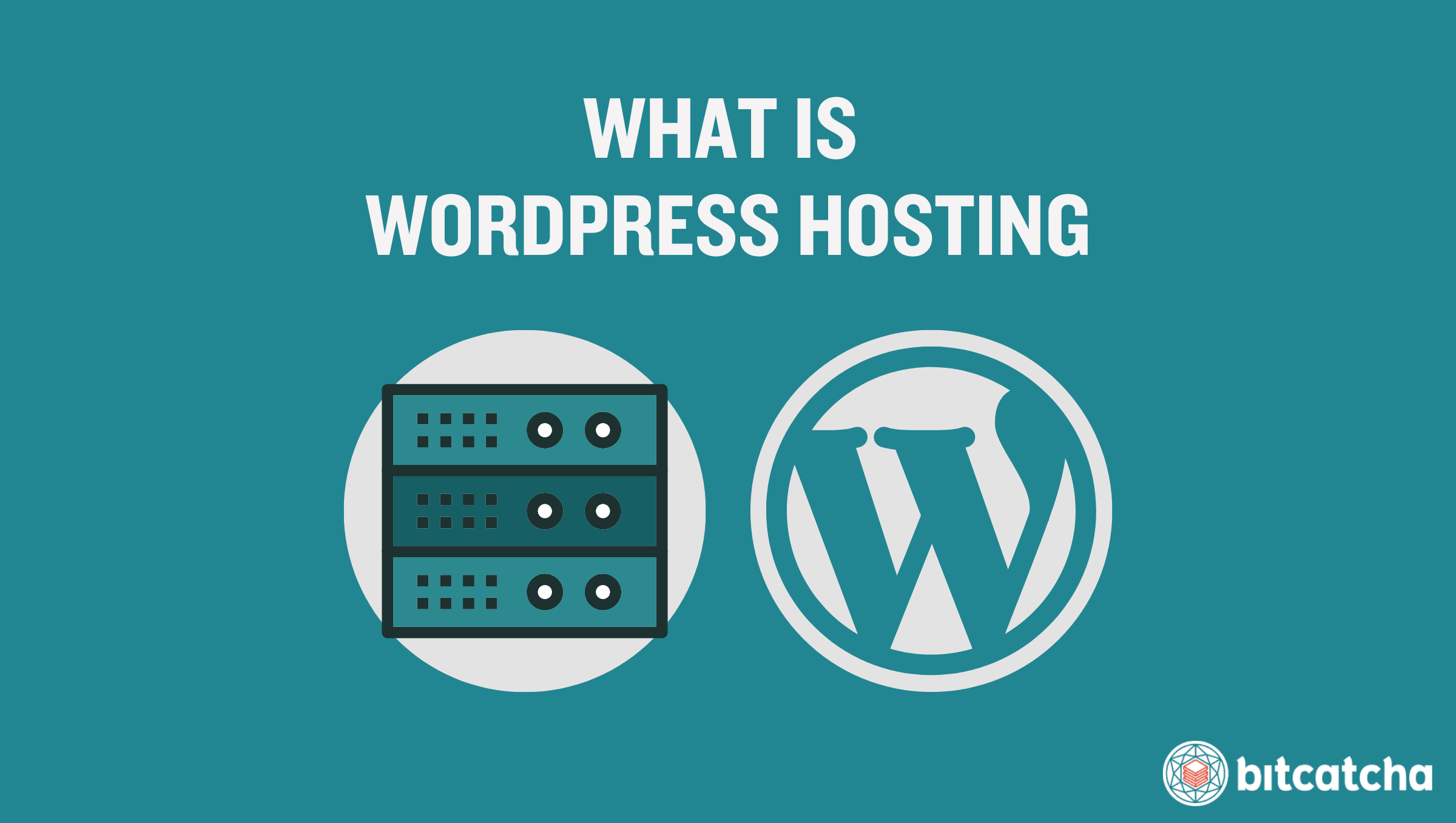WordPress hosting is a type of web hosting designed specifically for websites built on the WordPress CMS. It works by providing optimized servers that meet WordPress’s official requirements in technologies like PHP and MySQL. It also integrates tools like caching, CDN support, and database optimization to enhance the performance and reliability of WordPress sites. Managed WordPress hosting further simplifies maintenance by automating updates, backups, and security patches.
The 3 advantages of WordPress hosting are optimized performance, improved security, and simplified site management. The 3 disadvantages are limited flexibility, restricted resources on shared WordPress plans, and higher costs. WordPress hosting is ideal for users running WordPress blogs, portfolios, or WooCommerce stores but unsuitable for non-WordPress websites or those needing multi-CMS support. Ensure you choose the right WordPress hosting plan by checking for 1-click installers, acceleration, staging-tools, WP-CLI, automatic updates, and support for sufficient WordPress sites. 2 alternatives to WordPress hosting include shared hosting for affordability and cloud hosting for scalability.

table of contents
- What is the definition of WordPress hosting?
- How does WordPress hosting work?
- What are the advantages of WordPress hosting?
- What Are the Disadvantages of WordPress Hosting?
- Who should use WordPress hosting?
- Who should not use WordPress hosting?
- How do I choose a WordPress hosting plan?
- What are the alternatives to WordPress hosting?
What is the definition of WordPress hosting?
WordPress hosting is defined as a type of web hosting designed specifically for websites built on WordPress. WordPress, an open-source content management system (CMS), powers 43.2% of all websites, according to W3Techs. Although free hosting is available on WordPress.com, “WordPress hosting” typically refers to self-hosted WordPress hosting. This involves engaging third-party web hosts to host the files of your WordPress site. Such hosts optimize their servers and plans to meet WordPress’s specific needs and maximize site performance, security, and ease of use.
3 common types of self-hosted WordPress hosting are shared WordPress hosting, Virtual Private Server (VPS) WordPress hosting and cloud WordPress hosting. It also comes in managed and unmanaged forms.
What is handled in managed WordPress hosting?
Managed WordPress hosting handles routine technical tasks like WordPress version and plugin updates, automatic site backups, and ongoing server optimization. The user is freed from these technical tasks and focuses on content and marketing of their WordPress site.
How does WordPress hosting work?
WordPress hosting works by providing web servers that are specifically optimized to get the most out of the WordPress CMS. These servers allocate resources like memory and storage while meeting WordPress’s official requirements, such as PHP 7.4 or greater, MySQL 5.7 or greater, and HTTPS support. Most WordPress hosting plans also feature 1-click WordPress installations, automated updates, and specialized WordPress support. To boost speed and reliability, WordPress hosting also often includes caching mechanisms, CDN (Content Delivery Network) integration, and database optimization.
Managed WordPress hosting enhances this further by providing automated security patches, core updates and server optimizations to keep WordPress sites running at their best.
What are the advantages of WordPress hosting?
The 3 advantages of WordPress hosting are optimized performance, improved security, and simplified management. It offers optimized performance because servers maximize speed, uptime, and stability with caching and CDN tools. It provides improved security because it includes automated security updates and typically provides protections against common WordPress attacks like brute-force login attempts. WordPress hosting simplifies management because it includes tools like 1-click WordPress installers, staging environments, and WordPress-specific expert support.
What Are the Disadvantages of WordPress Hosting?
The 3 disadvantages of WordPress hosting include limited flexibility, limited resources, and higher costs. WordPress hosting has limited flexibility because it supports only WordPress and restricts custom configurations or other CMS It offers limited resources since most plans marketed as WordPress hosting are built on a shared hosting infrastructure. These are generally unsuitable for high-traffic sites. Finally, WordPress hosting is often priced higher than general shared hosting.
Who should use WordPress hosting?
Users building their website or web applications on the WordPress CMS should use WordPress hosting. This includes WordPress blogs, online portfolios, or eCommerce stores using the WordPress plugin WooCommerce.
Who should not use WordPress hosting?
Any users with websites not powered by WordPress should not use WordPress hosting. Websites running on Joomla, Drupal, or custom CMS platforms don’t benefit from it. Developers or businesses needing multi-CMS support or custom server configurations should choose more flexible hosting types.
How do I choose a WordPress hosting plan?
Choose a WordPress hosting plan by checking for 6 things: 1-click WordPress installers, WordPress acceleration, WordPress staging-tools, WP-CLI support, automatic core updates, and how many WordPress sites are supported.
Firstly, check if it includes convenient 1-click WordPress installers. Secondly, look for WordPress acceleration features like caching tools, CDN integration, and server-level optimizations. Thirdly, ensure the plan includes WordPress staging tools. These allow you to test changes, plug-ins, or updates safely before pushing them live. Next, check for WP-CLI support as this lets advanced users manage WordPress via command-line. Fifthly, confirm that automatic core updates are included. Finally, consider how many WordPress sites the plan supports. 4 popular providers of WordPress hosting to choose from include Hostinger, TMDHosting, GreenGeeks, and Kinsta.
What are the alternatives to WordPress hosting?
Alternatives to WordPress hosting refer to different types of hosting that are compatible with a variety of CMSs. 2 popular WordPress hosting alternatives are shared hosting and cloud hosting.
Shared hosting
Shared hosting is an alternate type of hosting that shares server resources among multiple users. It is affordable and often includes WordPress-specific optimizations but supports various CMS platforms.
Cloud hosting
Cloud hosting is an alternate type of hosting that offers scalable resources across a network of servers, ensuring high uptime and flexibility. It supports various CMS platforms, including WordPress. Compare them directly in our article on cloud hosting vs WordPress hosting.
